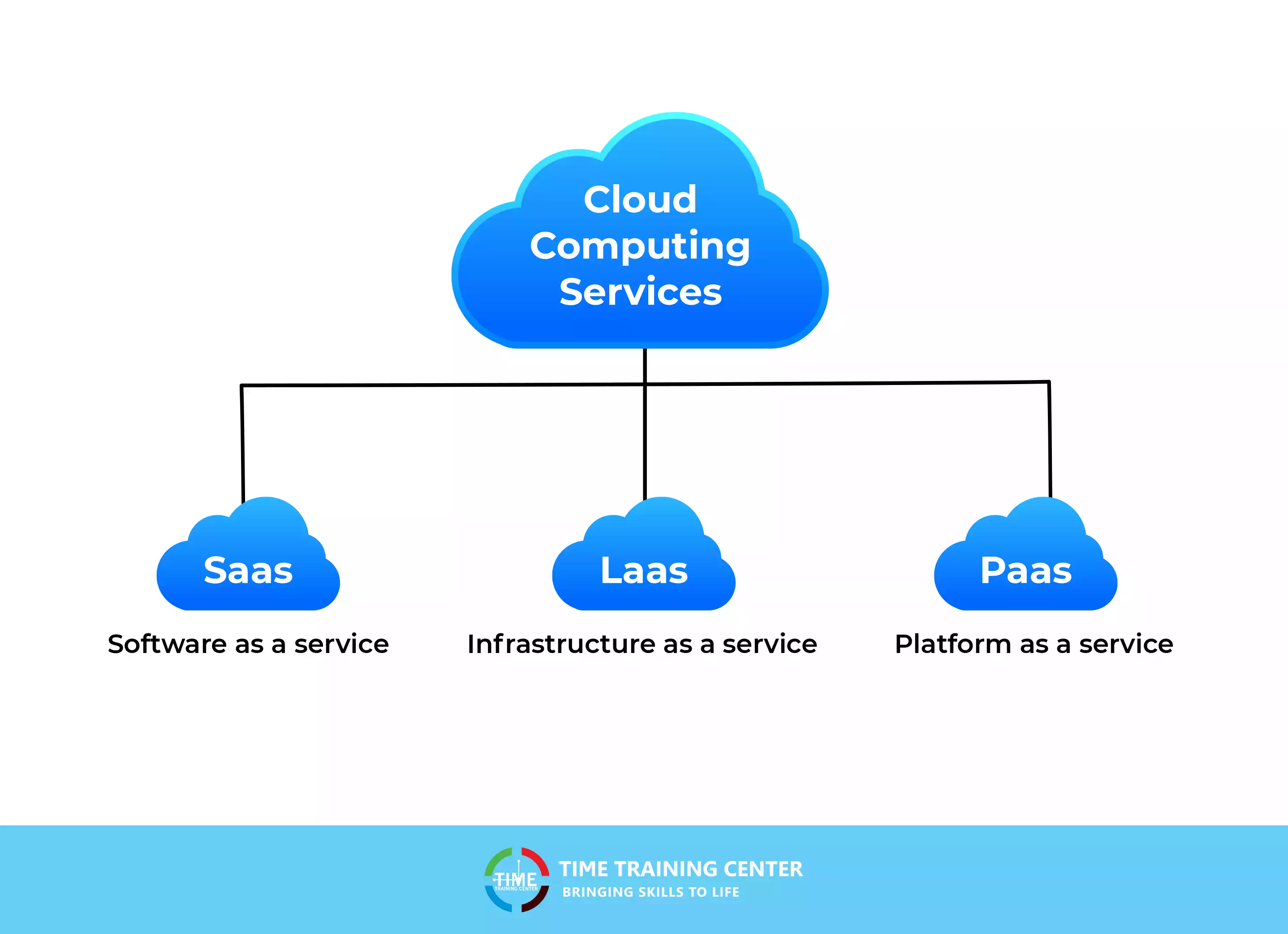LinkDaddy Cloud Services Press Release: Driving Development in Universal Cloud Service
LinkDaddy Cloud Services Press Release: Driving Development in Universal Cloud Service
Blog Article
Scalable Solutions: Utilizing the Power of Cloud Services
In the fast-paced world of electronic transformation, the application of scalable remedies via cloud solutions has become a pivotal approach for services seeking to thrive and adapt. The capability to effortlessly change resources, handle changing workloads, and enhance efficiency without being tethered to conventional infrastructure restrictions provides a look into the future of reliable and dexterous operations. But just how precisely do these cloud services enable such flexibility and what effect could they have on the ever-evolving landscape of service operations?
Benefits of Cloud Scalability
When taking into consideration the benefits of cloud scalability, organizations can efficiently increase their resources to satisfy altering needs in an affordable way. Cloud scalability describes the capability of cloud services to fit varying workloads by quickly and quickly provisioning or de-provisioning resources as needed. Among the key benefits of cloud scalability is the ability for organizations to scale up or down without the requirement for significant ahead of time investments in equipment or facilities. This flexibility allows companies to adapt to fluctuating needs, guaranteeing optimum performance and cost-effectiveness.
Additionally, cloud scalability provides businesses with the agility to respond swiftly to market modifications and client requirements. By leveraging scalable cloud options, companies can swiftly release brand-new services, applications, or features, allowing them to remain in advance of the competition in today's fast-paced business environment. Additionally, cloud scalability advertises performance by enhancing resource usage, minimizing downtime, and improving overall productivity. Generally, the advantages of cloud scalability empower organizations to operate more dynamically and competitively in the digital landscape.
Cost-Effective Solutions
Cost-effectiveness is a vital consideration for services seeking to enhance their resources and procedures in a competitive market landscape. Cloud solutions offer cost-effective services that can assist companies decrease their IT expenditures dramatically. Among the primary advantages of cloud computer is its pay-as-you-go pricing version, enabling businesses to pay just for the services and sources they make use of. This gets rid of the demand for big upfront investments in IT framework, making it an attractive alternative for business looking to control expenses.
Additionally, cloud services allow businesses to scale their resources according to their requirements, preventing the expenditures connected with keeping excess capacity. By leveraging the scalability of cloud services, organizations can change their computing power, storage, and various other sources in real-time, making certain optimal efficiency while keeping expenses in check.
Moreover, cloud service providers often provide competitive prices plans and price cuts for long-lasting commitments, helping companies achieve even greater cost savings. Generally, by relocating to the cloud, business can profit from economical services that improve effectiveness and competition in today's dynamic company atmosphere.
Improved Information Safety Measures
In today's swiftly developing electronic landscape, the implementation of improved information safety actions is extremely important for businesses leveraging cloud services to protect delicate details and mitigate prospective cyber hazards. Boosted information encryption procedures, multi-factor authentication, and normal safety audits are important components in strengthening data security within cloud environments.
In addition, the adoption of innovative threat discovery systems, such as intrusion discovery and prevention systems, can assist react and spot to security incidents in real-time, boosting overall information safety and security pose. Data loss avoidance tools and safe back-up options further make certain service connection and data integrity despite unforeseen events like ransomware strikes or unintended removals.
Conformity with market policies and requirements, such as GDPR or HIPAA, is likewise essential when saving and refining sensitive information in the cloud. Cloud Services. Applying durable access control devices and performing employee training on cybersecurity finest practices are added measures that can reinforce information protection initiatives in cloud-based operations. By prioritizing these improved safety procedures, companies can instill trust amongst customers and stakeholders while protecting their beneficial electronic properties

Improved Performance and Speed
The quest for optimal performance and rate in cloud services stays a driving force behind technical improvements in the digital realm. Enhanced efficiency and rate are crucial aspects that identify the efficiency and effectiveness of cloud solutions for companies and individuals alike. Cloud provider continuously make every effort to improve the efficiency of their platforms by improving network facilities, enhancing data handling abilities, and carrying out innovative caching systems.
Efficient load harmonizing techniques are used to distribute workloads equally across web servers, guaranteeing swift feedback times and very little latency. Furthermore, improvements in equipment technology, such as solid-state drives (SSDs) and high-speed networking devices, add to faster information gain access to and transfer speeds. Through making use of content distribution networks (CDNs), cloud services can supply internet material closer to end-users, minimizing latency and improving general performance.

Scalability for Business Growth
Ensuring the ability to broaden procedures perfectly and successfully, scalability is a critical element for organizations seeking sustained development within the cloud services landscape. Scalability allows services to adjust to transforming demands by quickly readjusting sources such as calculating storage, power, and data transfer. This adaptability is especially helpful for firms experiencing quick growth or rising and fall requirements.
With scalable cloud services, services can prevent the lengthy and pricey process of procuring and deploying added equipment. Rather, they can quickly scale up or down based on requirements, paying only for the resources utilized. This pay-as-you-go model not just improves cost-efficiency yet additionally makes it possible for companies to react rapidly to market shifts and possibilities.
Moreover, scalability advertises technology and dexterity within services. By swiftly scaling resources to sustain brand-new tasks or ventures, business can discover new methods page for development without being impeded by facilities limitations. Inevitably, scalability encourages organizations to increase their operations efficiently and properly, laying a solid structure for long-lasting success in the dynamic organization atmosphere.
Final Thought

Cloud scalability refers to the capacity of cloud solutions to accommodate varying work by quickly and quickly provisioning or de-provisioning resources as needed. One of the main advantages of cloud computing is its pay-as-you-go rates design, permitting companies to pay just for the resources and services they use. Improved efficiency and rate are vital variables that identify the performance and performance of cloud services for individuals and companies alike - universal cloud Service.Guaranteeing the capacity to broaden procedures effortlessly and efficiently, scalability is a critical aspect for services straight from the source seeking sustained growth within the cloud services landscape.In final thought, cloud scalability provides many advantages for organizations, consisting of cost-effective services, boosted information security measures, boosted efficiency and rate, and the ability to range for organization development
Report this page